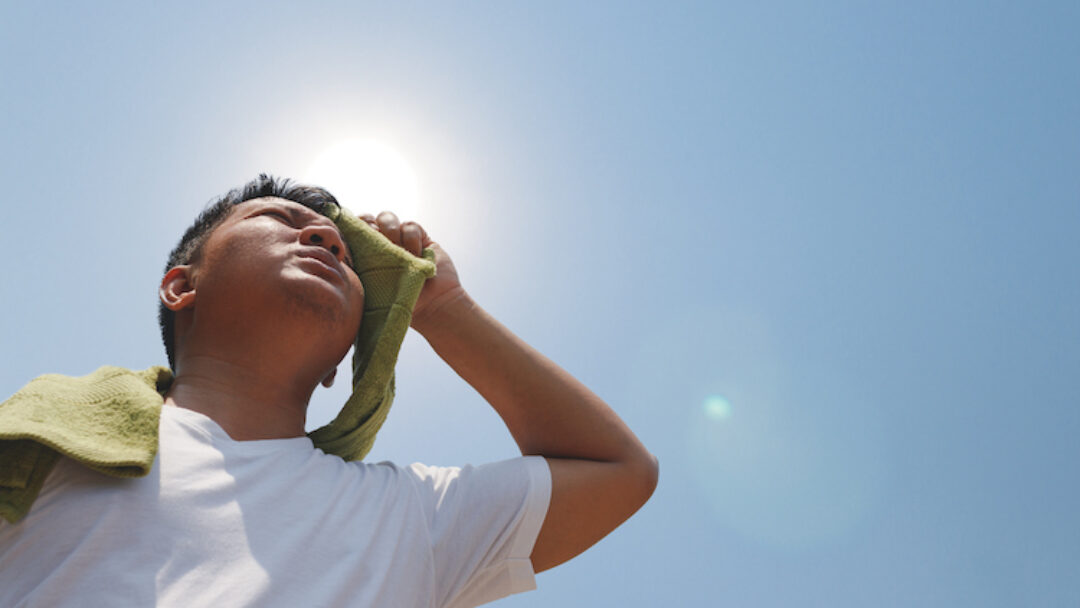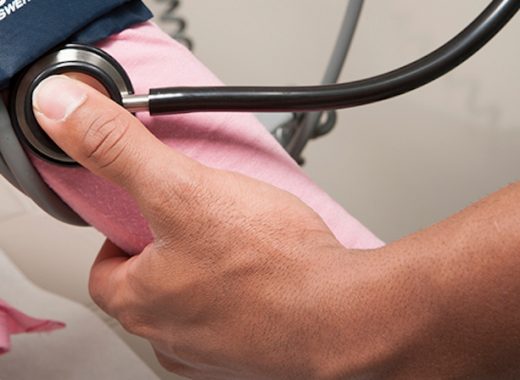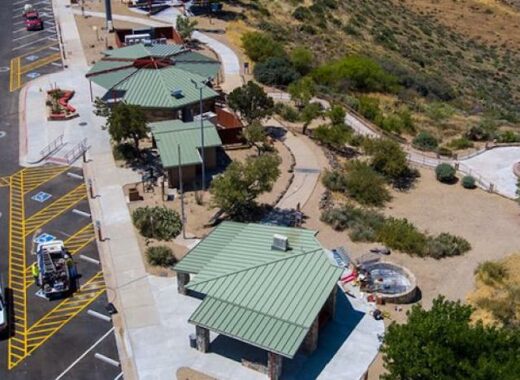The valley braces for near-record heat Monday & Tuesday.
As the hottest temperatures of the year for the Phoenix area prepare to reach 99 degrees Monday and Tuesday, it is a good time to remind residents to avoid any health related heat medical emergencies.
The normal high for this time of year hovers around 84 degrees, so to see nearly triple digits roll in this early in April, it is a reminder that mother nature can be fierce if not prepared.
Authorities are reminding individuals to take the critical steps to protect yourself and those around you from heat-associated illness, like heat stroke or heat exhaustion, and death by taking the following precautions every day during the heat season:
- Drink Plenty of Fluids: Drink more fluids, regardless of how active you are. Don’t wait until you’re thirsty to drink.
- Stay away from very sugary or alcoholic drinks—these cause you to lose more body fluid. Also avoid very cold drinks because they can cause stomach cramps.
- Don’t rely on fans as your primary source of cooling, especially once the temperature reaches 90 degrees or higher.
- Come indoors frequently to an air-conditioned location to cool your core body temperature. If you do not have access to a cool indoor environment, you can find an Emergency Cooling Center near you at heataz.org.
- Wear Appropriate Clothing: Choose lightweight, loose-fitting clothing.
- Wear a wide-brimmed hat and be sure to apply and reapply sunscreen.
- Never leave kids, older adults, pets, and others who may rely on you inside of a parked car.
- Check on friends and neighbors, especially the elderly, to ensure sufficient cooling and supplies.
- Seek medical care immediately if you have, or someone you know has, symptoms of heat-associated illness like muscle cramps, headaches, vomiting, confusion, no longer sweating, and rapid heart rate.
- Stay Cool Indoors: Stay in an air-conditioned place as much as possible.
- Schedule Outdoor Activities Carefully:Try to limit your outdoor activity to when it’s coolest, like morning and evening hours. Rest often in shady areas so that your body has a chance to recover.
- Pace Yourself: Cut down on exercise during the heat. If you’re not accustomed to working or exercising in a hot environment, start slowly and pick up the pace gradually. If exertion in the heat makes your heart pound and leaves you gasping for breath, STOP all activity. Get into a cool area or into the shade, and rest, especially if you become lightheaded, confused, weak, or faint.
- Keep Your Pets Hydrated: Provide plenty of fresh water for your pets and leave the water in a shady area.
Know the Signs Of Heat Illness
Learn the signs and symptoms of heat-related illnesses and how to treat them.
Use a Buddy System: When working or working out in the heat, monitor the condition of your co-workers and have someone do the same for you. Heat-induced illness can cause a person to become confused or lose consciousness.
If you are 65 years of age or older, have a friend or relative call to check on you twice a day during a heat wave. If you know someone in this age group, check on them at least twice a day.
Monitor Those at High Risk: Although anyone at any time can suffer from heat-related illness, some people are at greater risk than others:
- Infants and young children
- People 65 years of age or older
- People who are overweight
- People who overexert during work or exercise
- People who are physically ill, especially with heart disease or high blood pressure, or who take certain medications, such as for depression, insomnia, or poor circulation.








